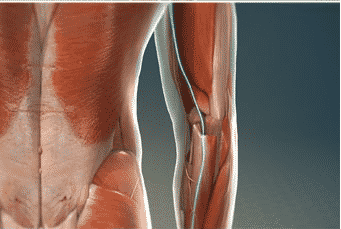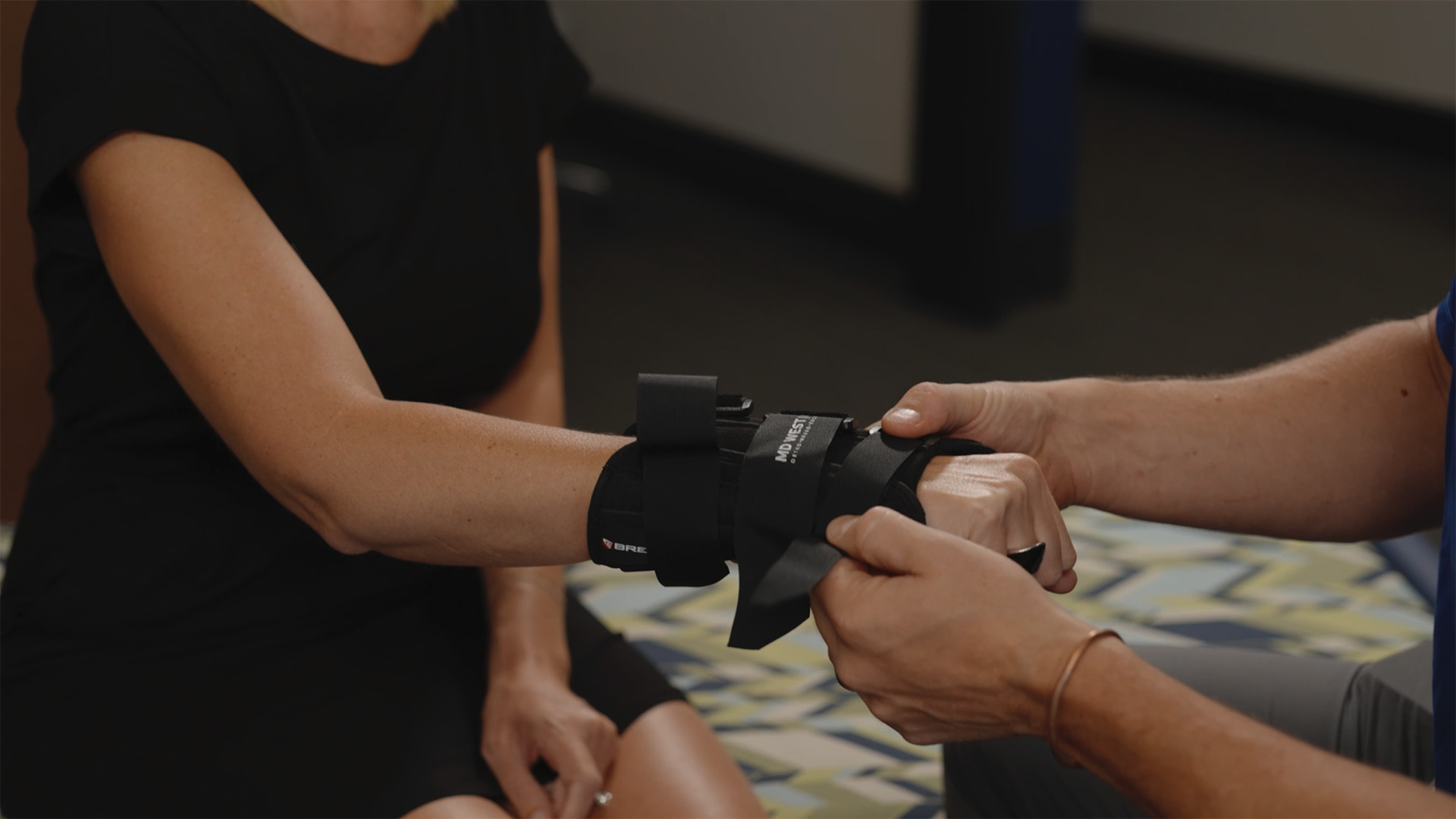Are you suffering from symptoms of Cubital Tunnel Syndrome?
The Omaha Elbow Orthopedic Specialist at MD West ONE can properly diagnose and treat cubital tunnel syndrome through non-surgical and surgical treatments. If you have the following symptoms, you may want to make an appointment with one of our Board Certified Specialists.
- Numbness and tingling in your ring and little finger.
- When you bend your elbow for a long time, you may feel "pins and needles" in your ring and little finger.
- The affected hand may feel weak and clumsy.

Meet MD West ONE's orthopedic specialists and learn more about how they treat cubital tunnel syndrome...

David C. Buck, MD
Total Joint & Sports Medicine Specialist

H. Wesley Cheng, MD
Orthopedic Specialist

Michael Del Core, MD
Upper Extremity Specialist

George Emodi, MD
Orthopedic Specialist

Brett W. Fischer, MD
Total Joint & Sports Medicine Specialist

Mark Franco, MD
Orthopedic Specialist

Daniel L. Gaffney, MD
Hand & Wrist Specialist

Kayvon Izadi, MD
Hand, Wrist & Elbow Specialist

Darren Keiser, MD
Orthopedic Specialist

Justin Makovicka, M.D.
Knee, Shoulder & Sports Medicine

Jack A. McCarthy, MD
Hand & Wrist Specialist

Micheala McCarthy, MD
Hand & Wrist Specialist

Mark Pitner, MD
Orthopedic Specialist

Charles E. Rosipal, MD
Shoulder & Elbow Specialist

Jeffrey J. Tiedeman, MD
Hand & Wrist Specialist

Kimberly A. Turman, M.D.
Sports Medicine Specialist
Cubital Tunnel Syndrome: Non-surgical and Surgical Treatment(s)
What is Cubital Tunnel Syndrome?
This condition, also called "ulnar nerve entrapment" happens to the ulnar nerve in your elbow. This nerve travels along the inner side of your elbow and down to your hand. It's the nerve that makes the jolt you feel when you bump your "funny bone." With this condition, your ulnar nerve is compressed, stretched, or irritated.
This problem is linked to a tight space in your elbow called the "cubital tunnel." Your nerve passes through this tunnel. Inside there is very little soft tissue to protect the nerve, and your nerve can be pressed, pinched, or stretched. Cubital tunnel syndrome can develop if you tend to lean on your elbow a lot. It can happen if you sleep with your elbows bent. It can develop because of a problem with the anatomy of your elbow. And in many cases, your nerve becomes irritated and we aren't sure why.
Are there any non-surgical treatments?
The first line of treatment includes activity modification, braces, heat/ice, stretching, and anti-inflammatory medications.
- Stretching: Many people feel that stretching helps relieve pain.
- Braces: These are useful for the management of symptoms, primarily to relieve pain. They can be worn at the patient's convenience and are often used in demanding tasks or specific situations.
- Medications: The most common medications are anti-inflammatory medications. These can range from over-the-counter medications such as Advil or Aleve to the prescriptions/medicines often used and called non-steroidal anti-inflammatory drugs. Names that may be familiar include Naprosyn, Ibuprofen, Sulindac, Meloxicam as well as many others. These medicines are generally safe. Their side effects, however, can be significant and need to be monitored. Specifically, to minimize GI side effects like nausea, anti-inflammatory medications should be taken with food. They are excreted from the body through the kidneys, so it is crucial to maintain good hydration. Periodic blood tests should be used to assess kidney function. These blood tests can be coordinated with your regular primary care physician.

What if the non-surgical options do not work for me?
When all conservative measures have failed, symptoms continue to be extreme, and the duration of symptoms is prolonged, surgical treatment is considered. Your healthcare provider can create a plan that's right for you.
